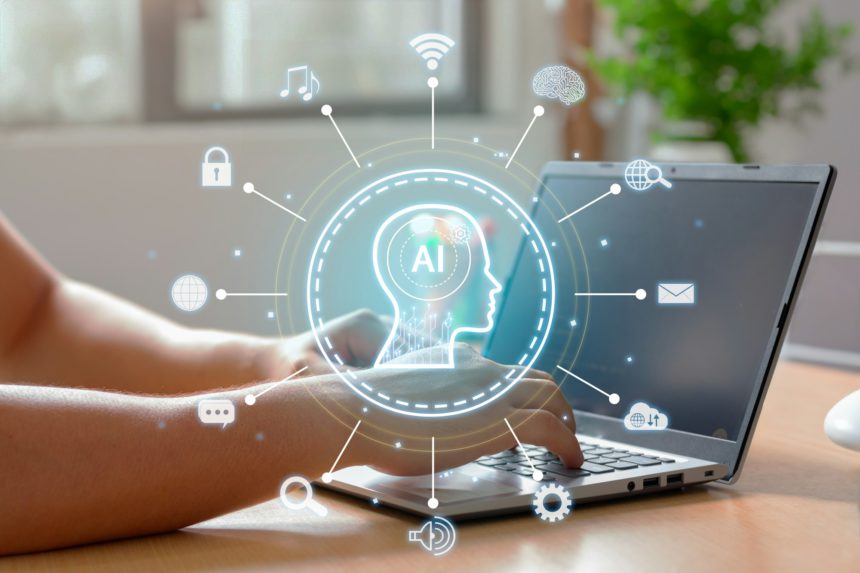What does it mean to be ethical in a world dominated by artificial intelligence (AI)? How do we ensure that AI development and use respects our moral values and principles? These are key questions that we need to address in the context of AI technology evolution. It is important to understand the impact of ethics on the development of artificial intelligence and why it is essential in this development.
Ethical impact on artificial intelligence development
The development of artificial intelligence has a significant impact on society and our daily lives. AI is used in various fields such as medicine, transport, security and many others. However, uncontrolled and unethical development of AI may have serious consequences. That is why ethics plays a crucial role in this area. Ethics helps us to ensure that AI is developed and used in a responsible and consistent mannerwith our values and moral principles.
Why ethics is essential in the development of artificial intelligence
Ethics is essential in the development of artificial intelligence because it helps us to ensure that AI is used in a way that promotes the common good and minimizes potential damage. AI can have a significant impact on our lives, including our fundamental rights and freedoms. It is therefore important to consider our moral values and principles in the development and use of AI. Ethics helps us to identify and manage the moral dilemmas we can face in this process.
Ethical principles to be respected in the development of AI
There are several important ethical principles to be respected in the development of artificial intelligence. The first principle is to ensure transparency and accountability in the functioning of AI. Users and developmentfathers must understand how AI works and be responsible for its actions. The second principle is that of equity and non-discrimination. AI must not perpetuate or amplify inequalities in society. The third principle is to respect the confidentiality and security of data. Personal information should be protected and used in a responsible manner. The fourth principle is that of ensuring adequate human control. AI must not make decisions that significantly affect people’s lives without adequate human control.
Moral dilemmas in the development of artificial intelligence: How do we manage them?
The development of artificial intelligence can raise different moral dilemmas. For example, there are questions about responsibility and guilt in case AI causes harm or violates human rights. There are also dilemmas related to the impact of AI onemployment opportunities and social inequalities. How can we manage these dilemmas? It is important to have a legal framework and clear rules for the development and use of AI. There is also a need for collaboration between developers, users and other stakeholders to address these dilemmas. In addition, we need to promote a public debate and awareness of the AI impact to ensure that we make informed and ethical decisions in this area.
In conclusion, ethics plays an essential role in the development of artificial intelligence. We must ensure that AI is developed and used in a responsible manner and in accordance with our moral values and principles. We must respect ethical principles, manage moral dilemmas and promote public debate in this area. By addressing ethics in AI development, we can contribute to creating a better and more equitable world.
